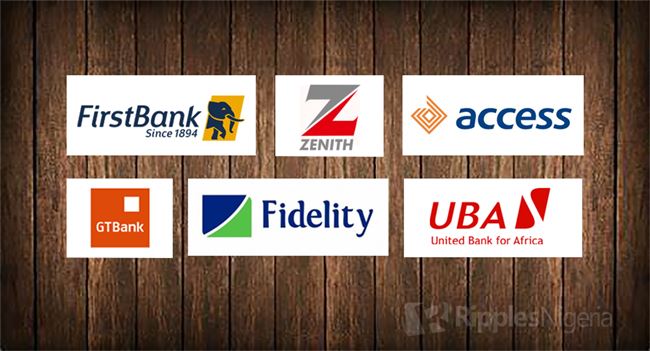Business
Nigerian banks grow combined profit by N120bn, despite threats from Fintechs

Ten Nigerian banks showed resilience in 2021 despite competition from financial technology companies as they posted a combined profit after tax of N741.7 billion.
The profit for 2021 is an increase by 19 percent or N120 billion when compared to N620.7 billion recorded in 2020 data from the bank’s financial statements shown on the Nigerian Exchange.
The banks surveyed include Eco Bank, First City Monument Bank (FCMB), Fidelity Bank, Guaranty Trust Holding Company (GTCO) and Jaiz bank,
Others are Zenith Bank, Wema, Unity, United Bank for Africa (UBA) and Sterling bank among others.
The likes of Access Bank and First Bank are yet to release their full-year performances.
Among the banks surveyed only GTCO recorded a dip in profit from N201.4 billion in 2020 to N174.8 billion last year.
The gainers’ table was led by Zenith Bank as its profit after tax jumped to N244.5 billion in 2021 compared to the N230.5 billion recorded the previous year.
GT profit is the second biggest followed by Eco Bank’s N143.1 billion which is a massive 324.1% jump when compared to the profit after tax of N33.7 billion posted in 2020.
UBA also recorded an increase in profit of N118.6 billion compared to N109.2 billion in 2020.
Read also: Nigerian banks release more names, BVN of Nigerians using tricks to buy forex
FCMB profit after tax for last year was N20.9 billion, Sterling bank’s 12.8 billion and that of Fidelity was 11.6 billion.
Wema, Jaiz and Unity bank all recorded a profit of N8.86 billion, N3.83 billion and N2.47 billion respectively.
The threats
Despite commercial bank’s income, Fintech companies like Paystack, PiggyVest, Kuda Bank and others are innovating past traditional institutions by making digital financial services like lending, savings, or investing readily available to people.
They have been able to recognize the pain points for users, which have not been addressed by commercial banks.
Also, other fintech startups have fuelled the growth of alternative lenders which offer both higher yields to investors and faster, cheaper, more convenient loans for borrowers compared to traditional banks.
Startups like Carbon and Branch offer lower loan rates than commercial banks and this is mostly because fintech companies are not subject to the operational costs involved in running a traditional bank with multiple branches.
Join the conversation
Support Ripples Nigeria, hold up solutions journalism
Balanced, fearless journalism driven by data comes at huge financial costs.
As a media platform, we hold leadership accountable and will not trade the right to press freedom and free speech for a piece of cake.
If you like what we do, and are ready to uphold solutions journalism, kindly donate to the Ripples Nigeria cause.
Your support would help to ensure that citizens and institutions continue to have free access to credible and reliable information for societal development.




















